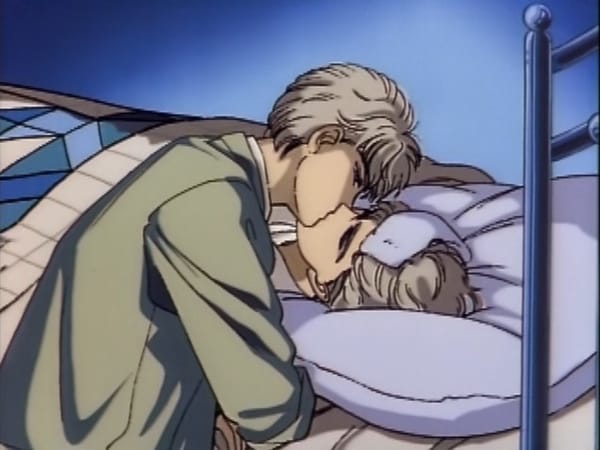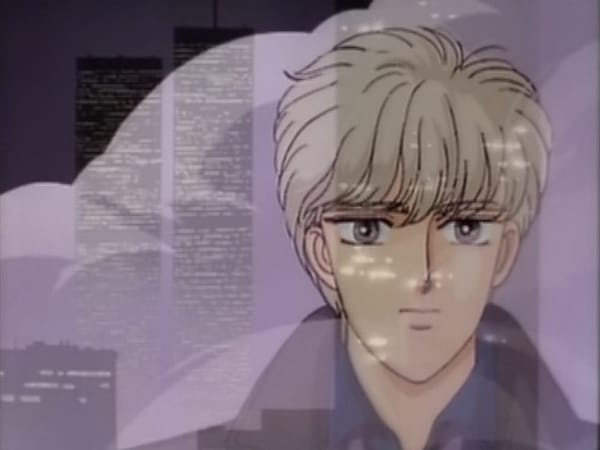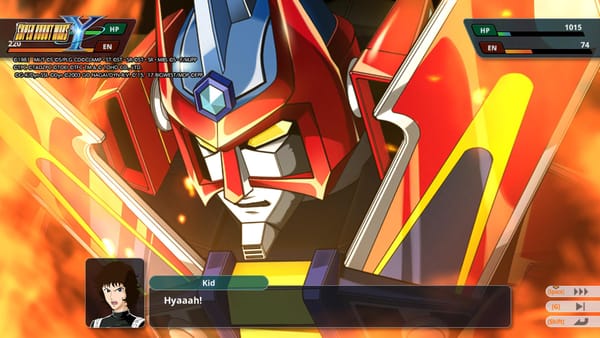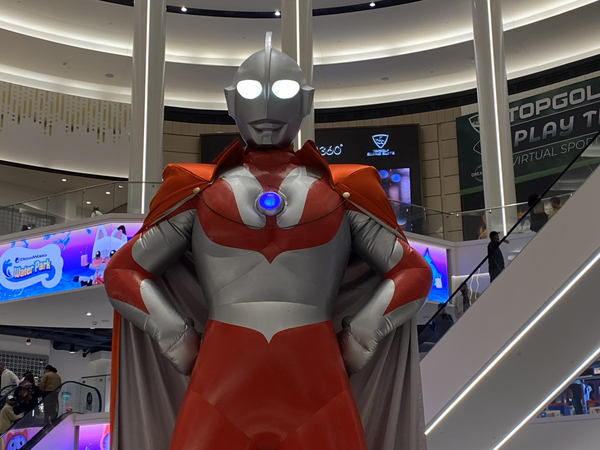Tomo-chan Is A Girl! is a lot more than a premise
"Unexpectedly thoughtful" is maybe my favorite genre
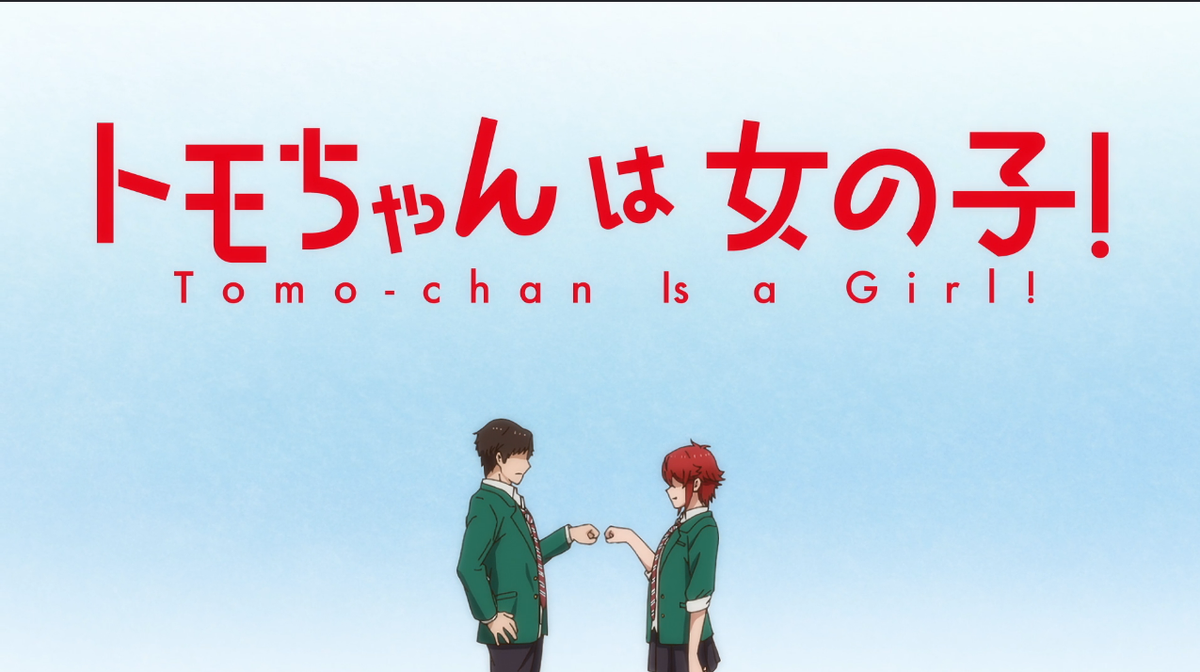
I started watching Tomo-chan Is A Girl because I needed some simple joyful fluff, but it really surprised me.
See, a lot of anime/manga— especially lately, in the age of the directly descriptive title— are like the old Kids in the Hall bit Premise Beach.1 The boys do a little dance, they pop an idea off the top of their heads, and they get a solid 20 seconds worth of a bit out of it because it doesn’t hold up for any longer. Alternately, as you see in a lot of anime/manga, the bit just repeats over and over again.2
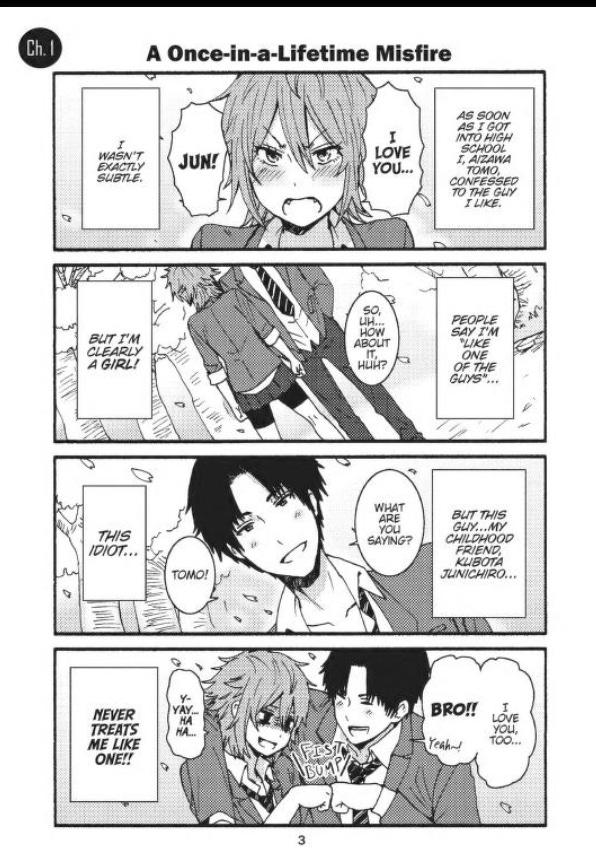
And I truly thought Tomo-chan was going to be like this. The setup is that two teenage childhood friends are in love, but deeply repressed. As the title implies, Tomo— the tomboyish and extremely athletically gifted daughter of a karate dojo— has a difficult time expressing her feelings for her neighbor Jun because despite obvious vibes, he insists upon treating her like a rival jock and his best bro. Tomo tries even harder to act girly in response; Jun tries even harder to ignore her charms. This is a premise expressed better than I ever could by the very first Tomo-chan comic.
It would be easy to simply repeat this gag over and over again in different situations, and certainly Tomo-chan Is A Girl gets a lot of mileage out of Tomo’s and Jun’s rough-and-tumble friendship/rivalry/love affair. But both halves of this muscle-brained couple-in-denial grow significantly over the course of the series. The second part of the anime takes a swerve towards dramedy, unraveling the lifelong complexes and deep repression behind their dynamic with an unexpected sensitivity.
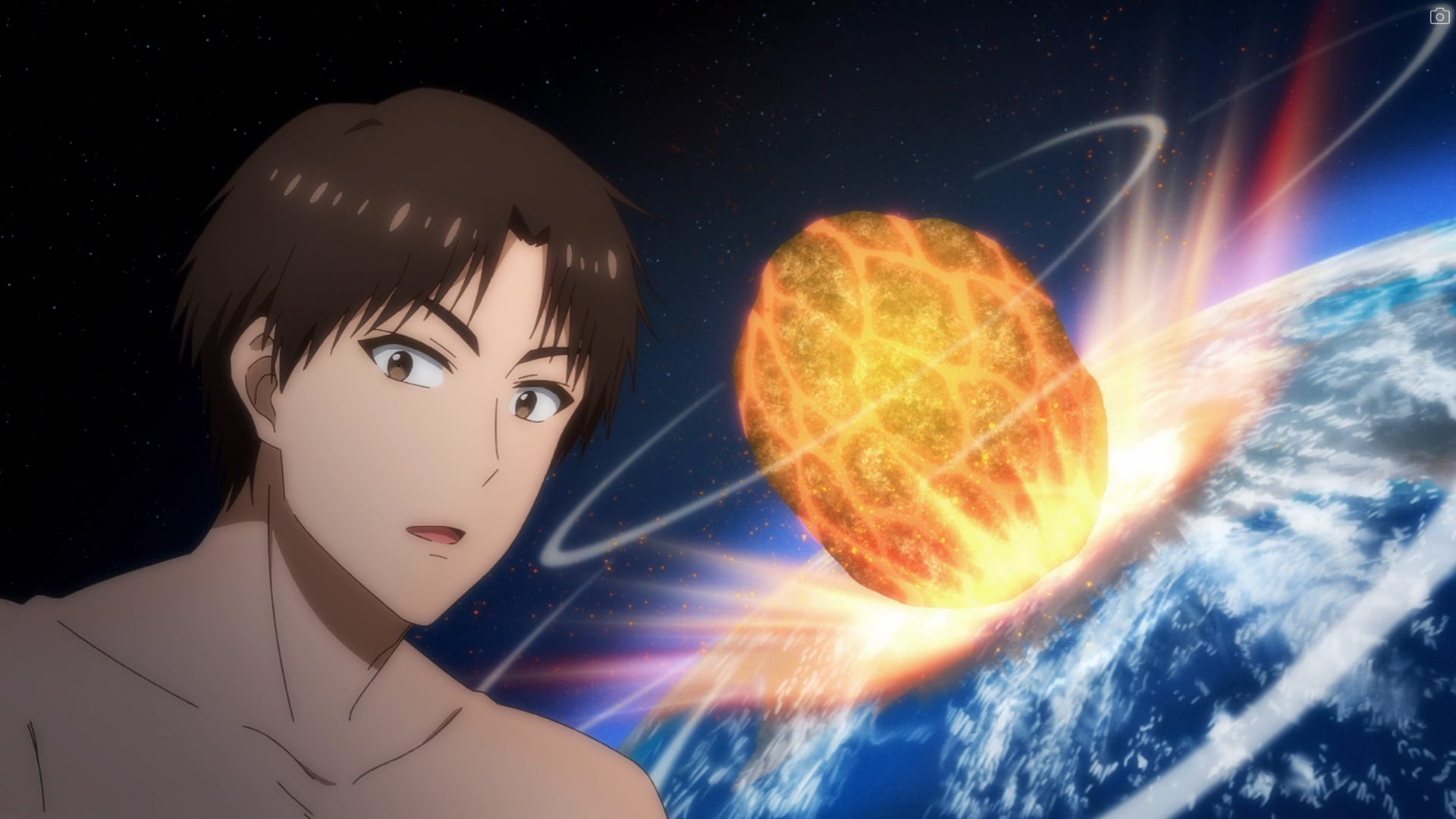
But alas, to talk too much about that would give things away. I will instead say that the Tomo-chan anime is a high-quality adaptation for a humble romcom, with a nice, quick comic pace— most episodes consist of two full stories— impressive animation when fists start to fly, and strong voice work all around. The best visual gags from the comic— like the fateful “meteor” scene— hit beautifully in animation; this show’s very funny when it wants to be.
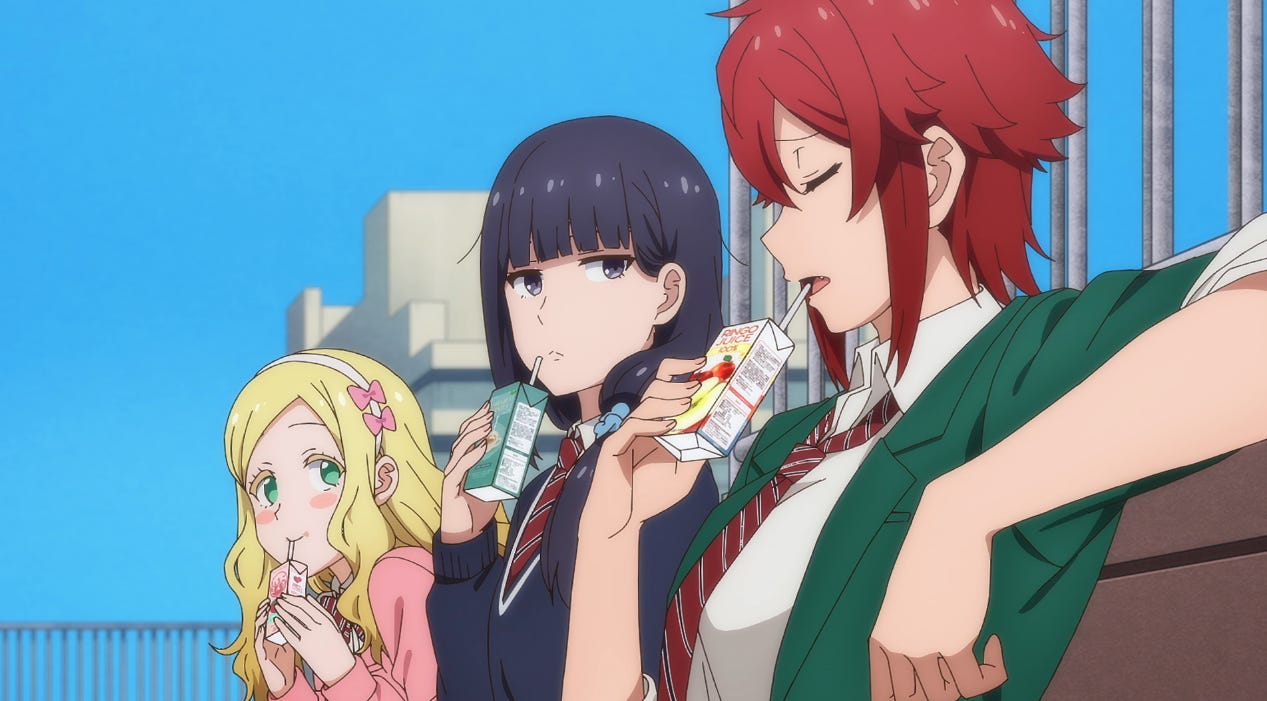
The cartoonish supporting characters have no purpose in life but to toy with these two, but their personalities and motives are suprisingly fleshed out. Tomo’s bestie Misuzu is a calculating manipulator who takes a sadistic joy out of working her friends into “sitcom shenanigans”, but she starts to fall into a genuine despair when Tomo and Jun start to grow out of her control. Misuzu is unapologetically shitty— she has a heart, but it ain’t gold— and I really like the way Tomo-chan gives us her side but without expecting, or trying to force us, to empathize.
The “comedy foreigner” character, on the other hand, only has the one dimension. Rich girl Carol Olston (played by bilingual sad-girl idol Sally Amaki in both English and Japanese!) is an airhead in from another planet. She sees straight through Misuzu and is equally ruthless— is the author just into that kind of girl?3— but with a sweet, innocent, paper-thin facade that only serves to make her scarier. United in purpose— to toy with Tomo and Jun and maybe nudge them closer, but mostly to toy with them— Misuzu and Carol tend to cause the action of any given episode4.
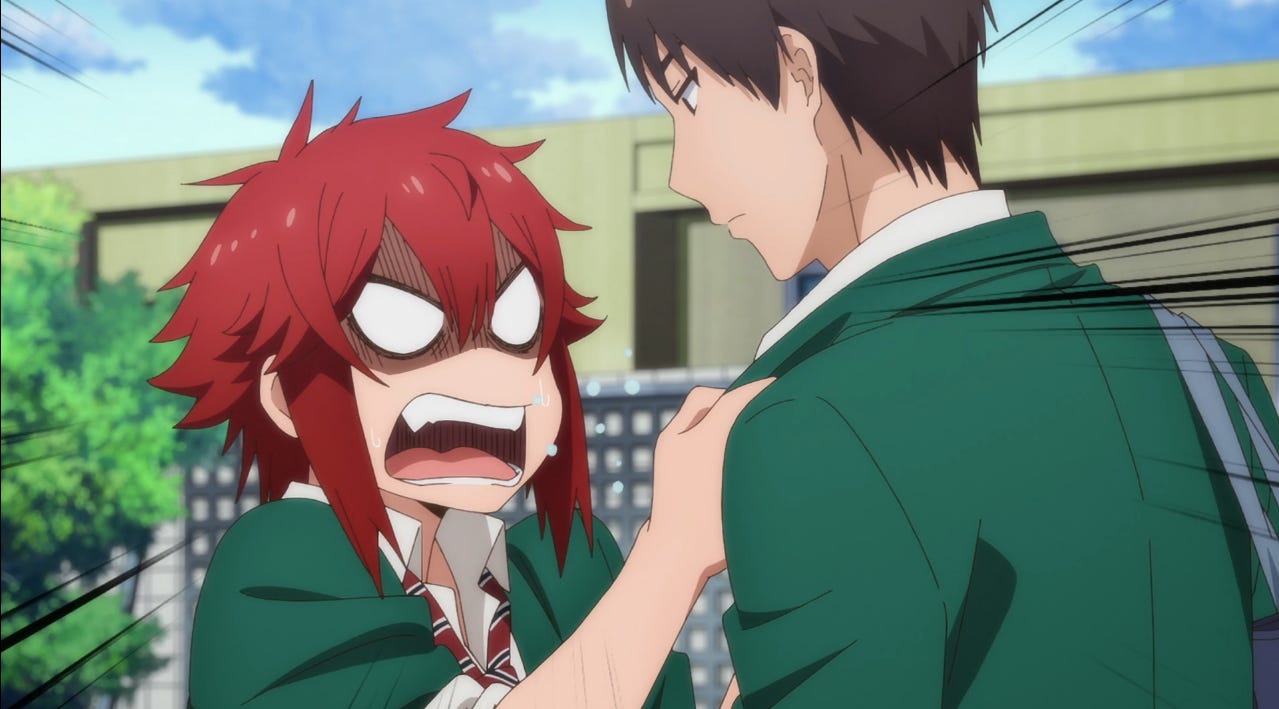
Another thing I didn’t expect from the Tomo-chan anime was an ending, or indeed any kind of resolution to its premise. I’m very pleased and satisfied to say that the anime’s one season covers the entire original manga. Tomo and Jun’s complexes are fully unraveled, and the mystery of their awkward relationship is definitively resolved. No “read the manga to find out what happens” here: this show satisfies in one shot. And then you can go read the manga! Recommended.
Dare I age myself here? ↩
Recently— and I could be wrong— Bofuri gave me this feeling before I dropped it. ↩
When I saw Tomo’s mom, I understood that the author of the manga was clearly a Baiken appreciator like me. ↩
Tomo gets manipulated into wearing something cute to grab Jun’s attention. Tomo gets manipulated into a romantic situation with Jun. Et cetera. ↩
